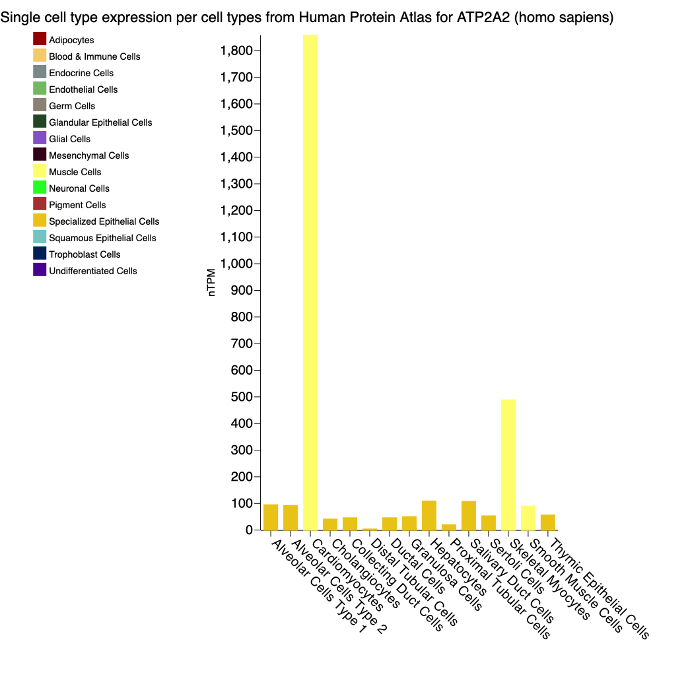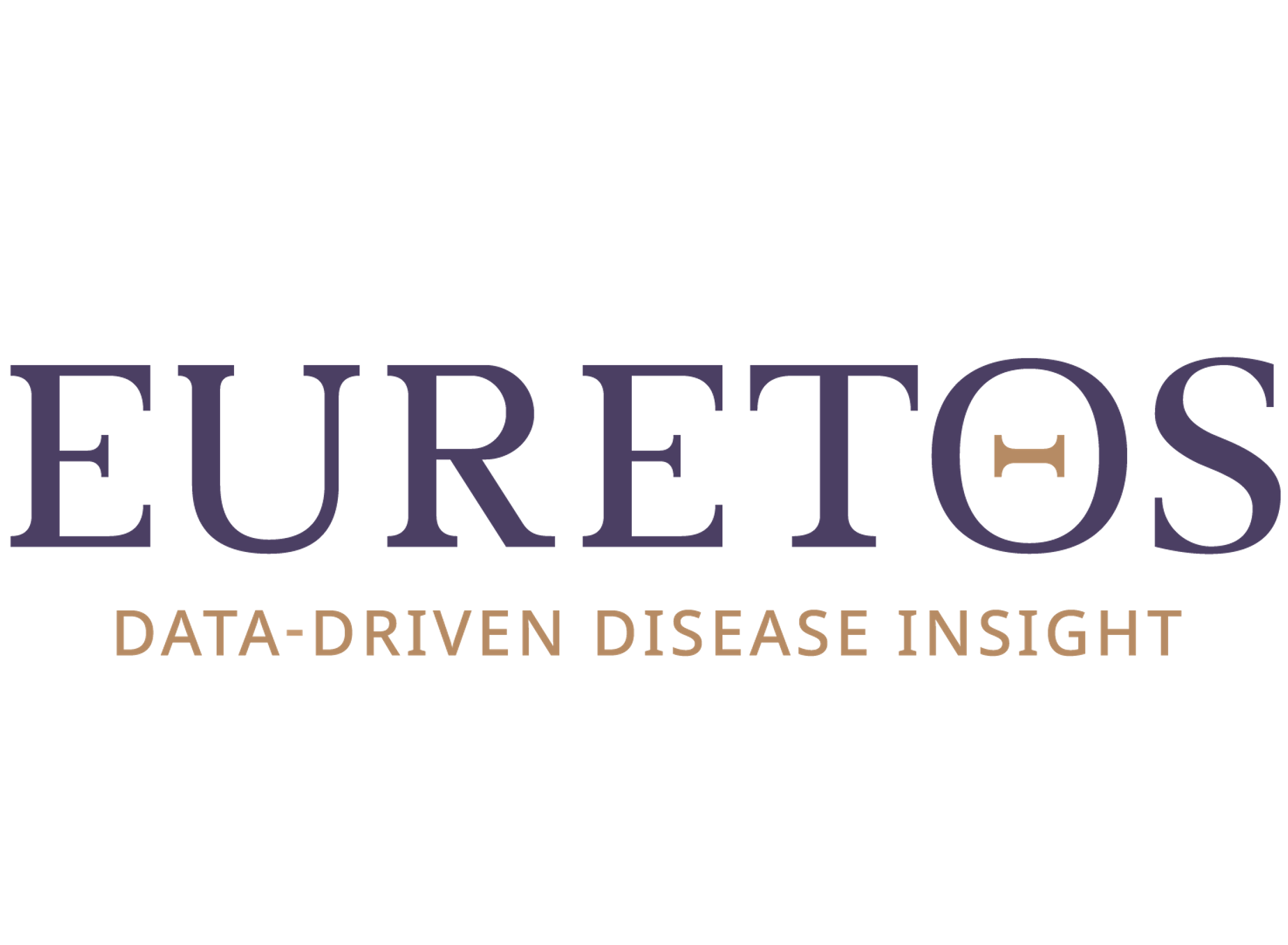February, designated as Heart Health Month, serves as a yearly reminder of the ongoing battle against cardiovascular diseases, with heart failure at the forefront. This condition, characterized by the heart's inability to pump blood sufficiently to meet the body's needs, affects millions globally, underscoring the importance of innovative therapeutic solutions. The recent approval of Sotagliflozin in 2023 marks a significant milestone in this quest, highlighting the pivotal role of data-driven translational research in drug development

Heart failure is a complex clinical syndrome resulting from structural or functional cardiac disorders. Its incidence continues to rise, attributed to aging populations and the increasing prevalence of predisposing conditions, such as hypertension, diabetes, and coronary artery disease. The development of new therapeutics is crucial not only for improving patient outcomes but also for addressing the substantial economic burden associated with managing heart failure.
A novel therapeutic agent – renewed hope
The recent approval of Sotagliflozin, a novel therapeutic agent, offers renewed hope. As a dual inhibitor of sodium-glucose cotransporter types 1 and 2 (SGLT1 and SGLT2), sotagliflozin targets key mechanisms implicated in the pathophysiology of heart failure. Its mechanism of action involves reducing glucose reabsorption in the kidneys and the intestines, leading to diuresis, improved cardiac function, and, importantly, mitigating the risk factors associated with heart failure progression.

Fundamental research has illuminated the detrimental effects of high glucose levels on cardiac function, particularly through the disruption of calcium handling within heart cells. The efficiency of ATP2A2, responsible for pumping calcium back into the SR, is reduced in a high glucose environment. This leads to inadequate reuptake of calcium, prolonging the duration of contraction and impairing relaxation. This disruption impairs myocardial contractility, a critical factor in the development and progression of heart failure. Sotagliflozin's MoA directly addresses this issue, showcasing the importance of a deep understanding of disease mechanisms in the development of effective treatments.
Translational Research: Bridging the Gap
The journey of Sotagliflozin from discovery to approval exemplifies the essence of translational research. This process encompasses a spectrum of activities, from pre-clinical research employing disease models that mimic heart failure to extensive clinical trials assessing the drug's efficacy and safety in humans. Each step is meticulously designed to translate basic scientific knowledge into therapeutic interventions that can significantly impact patient care.

The complexity of pre-clinical research and clinical projects underscores the value of a comprehensive research platform. The Euretos platform for translational research integrates multi-omics data (genomics, proteomics, metabolomics), literature, patents, and experimental findings, facilitating a holistic approach to drug discovery and development. By leveraging these diverse data sources, researchers can uncover novel disease insights, predict therapeutic outcomes, and accelerate the pipeline from bench to bedside.

This integrative approach allows for the identification of biomarkers for disease progression and treatment response, the development of personalized medicine strategies, and the optimization of clinical trial design. Moreover, it enables a more nuanced understanding of the complex interplay between genetic, environmental, and lifestyle factors in heart failure, paving the way for targeted and effective treatments.
As we reflect on the achievements of Heart Health Month, the approval of Sotagliflozin stands as a testament to translational research in overcoming the challenges of drug development in heart failure. This milestone not only represents a significant advancement in heart failure therapeutics but also sets a precedent for future endeavors in the fight against cardiovascular diseases. The continued investment in and enhancement of translational research platforms will undoubtedly be instrumental in unlocking new horizons in medical science, ultimately leading to better health outcomes for patients worldwide.
Subscribe to our mailing list and receive our quarterly updates!
Read our Terms and Conditions

Keep up with our latest news and events. Sign up for our newsletter.